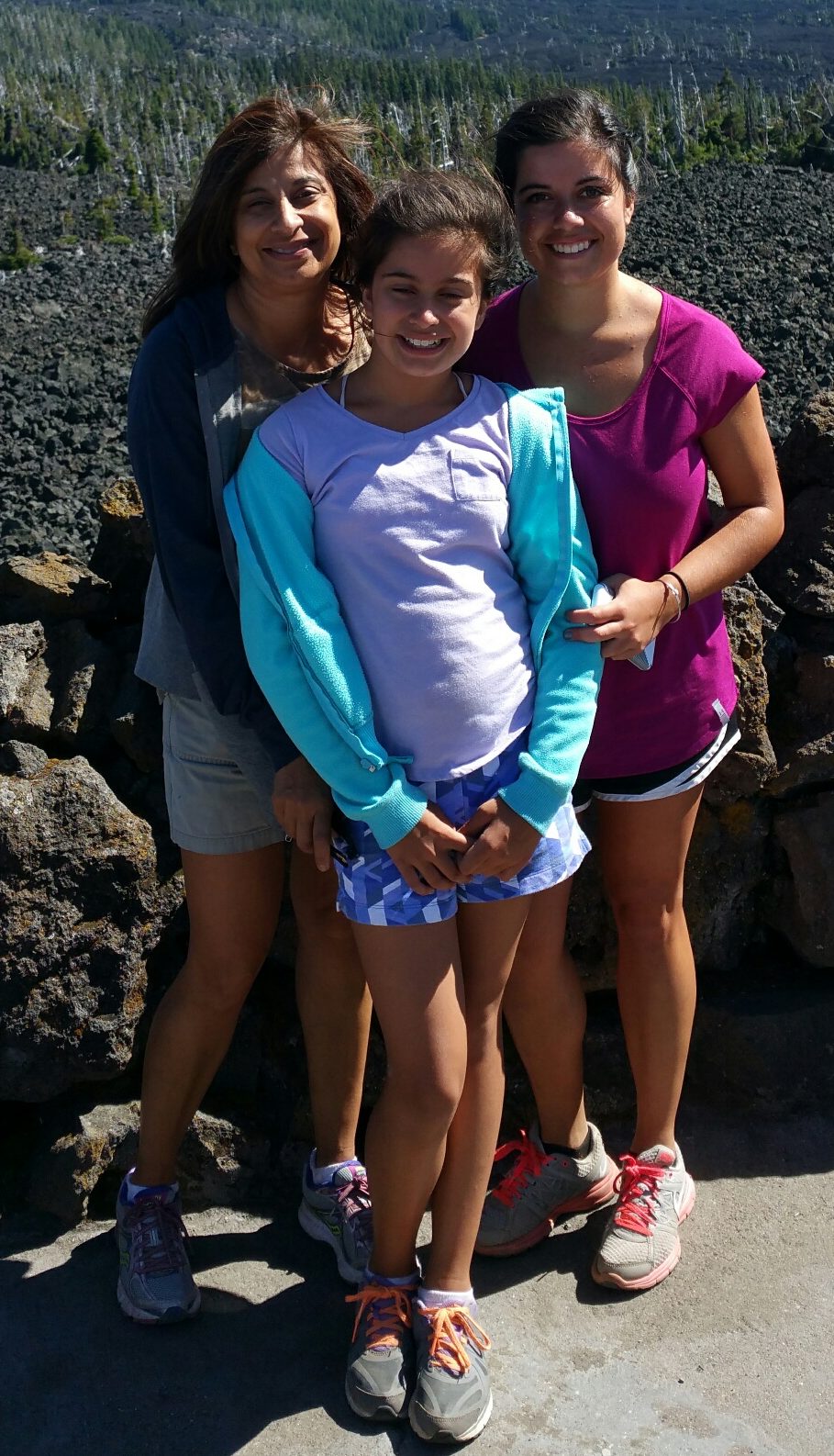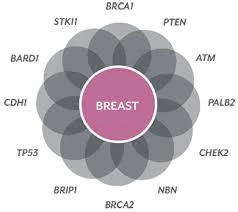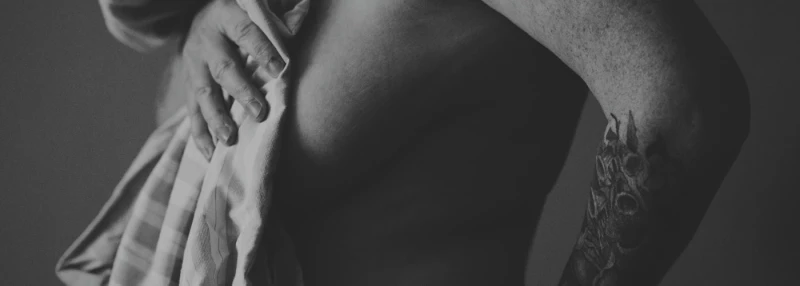 I think most people would agree, open communication with your kids is a good thing. Unfortunately, when it comes to talking with our daughters about their risk of getting breast cancer, it’s not always easy. The acronyms alone are hard to keep straight; BRCA, ER+, HER2, PALB2… it’s a crazy alphabet soup! Then you throw in words like “mutation,” “risk” and “recurrence,” which makes the conversation even scarier and more overwhelming.
I think most people would agree, open communication with your kids is a good thing. Unfortunately, when it comes to talking with our daughters about their risk of getting breast cancer, it’s not always easy. The acronyms alone are hard to keep straight; BRCA, ER+, HER2, PALB2… it’s a crazy alphabet soup! Then you throw in words like “mutation,” “risk” and “recurrence,” which makes the conversation even scarier and more overwhelming.
Here’s what we know: a family history of certain types of cancer can increase your risk of breast cancer. This increased risk may be due to genetic factors (known and unknown), shared lifestyle factors or other family traits. But here’s where it gets confusing again! Most women with breast cancer do NOT have a family history of the disease. Inherited gene mutations account for only 5 to 10 percent of all breast cancers diagnosed in women in the United States. A mother with a breast cancer diagnosis increases a daughter’s chance of getting breast cancer. However, just because you have breast cancer does not mean that your daughter will also get the disease. See what I mean by confusing?

I have two daughters, Jaya (22) and Sejal (11). I’ve been diagnosed with breast cancer twice under age 40. So, I knew early on it was important to TALK to my daughters about breast cancer. But, through trial and error (and fights and tears), I also figured out it’s important to LISTEN to their concerns. What are they worried about? What words don’t they understand? Have them tell you. If you don’t know the answer, tell them you will do everything you can to figure it out.
It’s also important to talk to them about getting to know the look and feel of their healthy breasts. That way they can be aware if anything changes. And, hopefully talk to you about it. Since I was younger at diagnosis, my daughters will also be talking with a medical provider at a younger age than most of their peers usually would about when to start any type of screening like mammography or ultrasound. They can then talk about prevention. Yes, while we don’t have a cure yet, there are steps a healthy young woman can take to reduce her risk of getting breast cancer:
- Limit alcohol
- Don't smoke
- Control your weight
- Be physically active
- Breast-feed
- Limit dose and duration of hormone therapy
- Avoid exposure to radiation
Lastly, knowledge is power. There are great resources out there on genetics and breast cancer, accessing your risk, and support for children with a parent diagnosed with breast cancer. Learn more about risk factors, family history and genetics. Below are a few other resources to check out:
- Bright Pink
- FORCE
- Breastcancer.org
- Sharsheret
- Kids Connected
- Get in Touch Foundation




